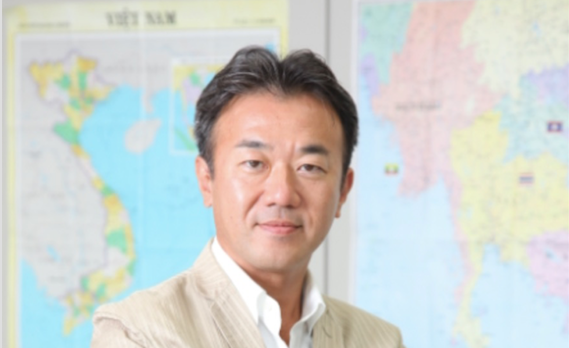Two Overseas Expansion Strategies
Two Overseas Expansion Strategies
Japanese Food is 2019 They currently have 156,000 restaurants worldwide. The number increases with each passing year.
The number seems to be increasing all the time since "Japanese food" was registered as a World Heritage Site. I am happy to see Japanese food spreading throughout the world, and I can say that business opportunities are expanding rapidly throughout the world.
Sushi, tempura, ramen, and various other Japanese foods are spreading throughout the world. In fact, I was in Paris, France on January 2, 2017, and the number of Japanese restaurants is really increasing.
With the lifting of the visa ban and the weakening of the yen, the number of tourists from abroad is only increasing. The number of Japanese restaurants in Paris, France is really increasing due to the lifting of the visa ban and the depreciation of the yen.
With various positive factors, Japanese food and beverage companies now have more opportunities to go out into the world.
Not only large corporations but also small and medium-sized enterprises (companies with only five or so outlets in a local city) are going global.
There are two major strategies.
(1) The company needs to analyze what type of business it is in,
The first is the strategy of developing brand holders such as LVMH (Moet Hennessy Louis Vuitton) in France, and the second is the strategy of developing franchises such as McDonald's in the U.S. The former is the strategy of developing franchises such as Michelin.
The former is a strategy to develop brand stores that have received Michelin star ratings. The former strategy is to establish joint ventures with companies in various countries, dispatch staff, and develop while protecting the brand, but the number of stores that can be developed is small and the speed is slow.
The latter is the strategy of developing a chain of stores, which is the speciality of U.S. companies, and is a strategy of systematizing operations so that anyone can do them, and launching a number of stores at once.
As a development strategy, one is correct and the other is not.
The reason why American companies adopt the latter strategy is largely rooted in the history and culture of their own country. The United States was founded only a little over 200 years ago. The United States has been in existence for only a little more than 200 years, and its own culture is still relatively shallow compared to that of European countries, China, and Japan. It is said that "food is culture," but of course, there are not many examples of countries with a deep food culture rooted in a country with a short history.
American restaurant companies do not look at their business from the perspective of food, but rather from the perspective of their business (franchise and other business schemes).
What about Japan, on the other hand?
Japan, on the other hand, is a country with a long history, a deep food culture, a rich variety of foods, and a great ability to arrange foods from different countries.
That is why Japanese food and beverage companies look at their business (business or franchise) from the perspective of food.
This is not an argument about which is better, but the difference is huge. Both the degree of perfection of structuring and the speed of development are fundamentally different.
This is the main reason why Japanese chains are not able to fully develop while American food chains are expanding all over the world at once.
Poor structuring of food. They are too particular about food and therefore do not compromise on areas where compromise is acceptable. This is what holds them back, and prevents them from expanding their stores speedily around the world.
Stores like Michelin Holders should be developed using LVMH's strategy. The strategy is to continue to focus on stores and develop a small number of them.
This may not be limited to the "food" sector.
This is an example of a country with a culture whose culture becomes a stumbling block to new ideas.
No one goes by boat when told, "Go from Japan to the U.S. in one day!"
No one goes by boat when asked to "go from Japan to the U.S. in one day!
What is the goal? What is the goal of business development?
That is what is important.
Akira Tsuchiya, Assentia Holdings Inc.
アセンティア・ホールディングスのフランチャイズについての考え方
フランチャイズビジネスの意義と価値 https://www.assentia-hd.com/newproject/why/



